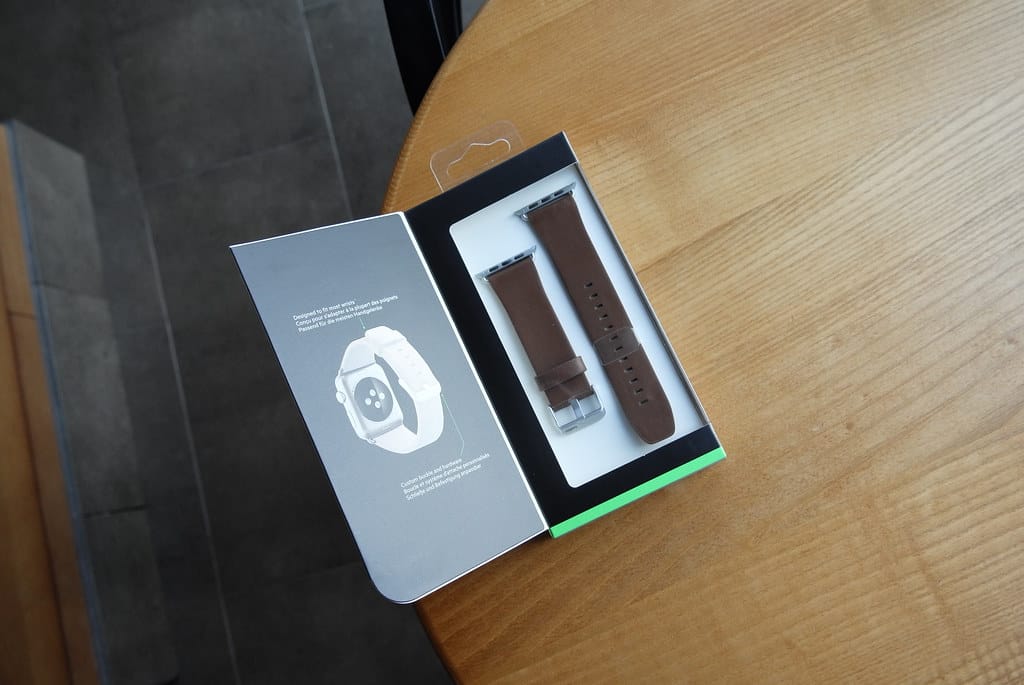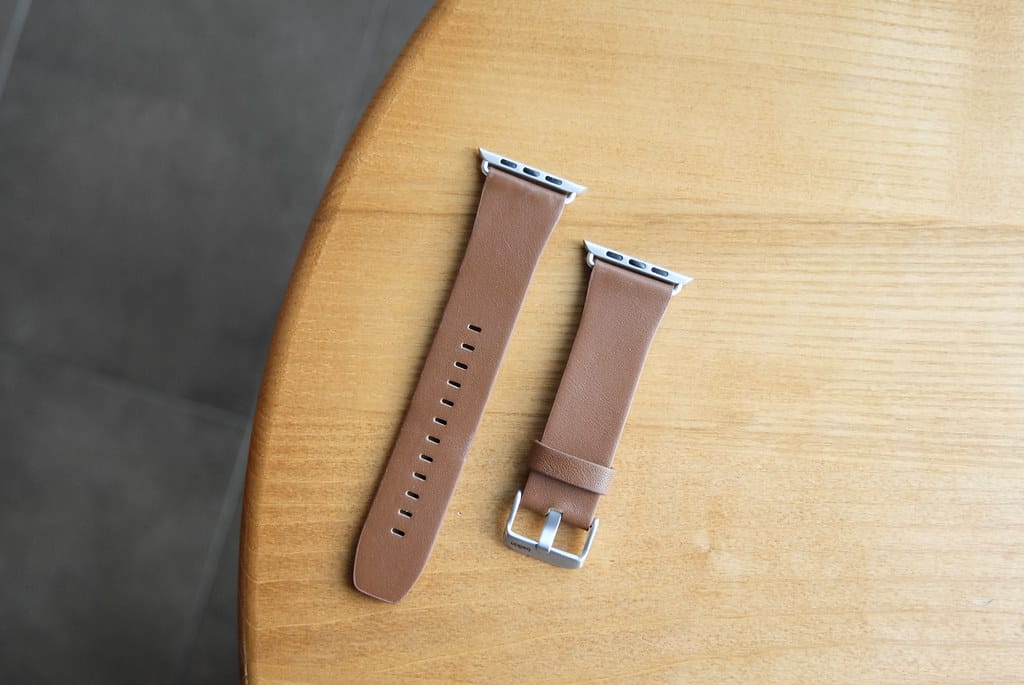Apple Slaps Former Employee with Lawsuit Over Alleged Trade Secret Theft for Chinese Rival Oppo
Apple has fired the first shot in what could become another high-stakes corporate espionage battle, filing a lawsuit against a former Apple Watch engineer accused of stealing confidential trade secrets and attempting to funnel them to Chinese smartphone manufacturer Oppo. The case highlights growing tensions between tech giants as competition intensifies in the wearables market.
The Allegations: A Six-Figure Scheme Unraveled
According to court documents filed in California federal court, Apple alleges that former employee Xiaolang Zhang, who worked as a hardware engineer on the Apple Watch team from 2015 to 2022, systematically downloaded thousands of confidential files containing proprietary information about Apple's wearable technology. The stolen materials allegedly included detailed technical specifications, unreleased product designs, and manufacturing processes that Apple considers critical trade secrets.
The lawsuit claims Zhang began his alleged scheme in late 2021, shortly after Oppo—a subsidiary of Chinese conglomerate BBK Electronics—began aggressively expanding its smartwatch offerings to compete directly with Apple Watch. Internal Apple security investigations reportedly uncovered evidence that Zhang had been in contact with Oppo representatives and had agreed to join the company's wearables division in China.
Corporate Espionage in Silicon Valley's Backyard
This case adds to a growing list of trade secret disputes involving major tech companies and Chinese competitors. Industry analysts point to similar high-profile cases, including Google's 2017 lawsuit against Uber over self-driving car technology and Tesla's ongoing legal battles with former employees who allegedly took proprietary information to Chinese electric vehicle manufacturers.
"We're seeing an unprecedented wave of intellectual property theft cases involving Chinese tech companies," said Sarah Mitchell, a technology law expert at Stanford Law School. "These cases reflect the broader geopolitical tensions around technology transfer and the race for dominance in emerging tech sectors."
The timing of Apple's lawsuit is particularly significant as the global smartwatch market continues to expand rapidly. According to research firm Counterpoint Research, global smartwatch shipments grew 12% year-over-year in 2023, with Apple maintaining approximately 36% market share despite increased pressure from competitors like Samsung, Huawei, and emerging players including Oppo.
The Stakes: Billions in R&D Investment
Apple's legal filing emphasizes the massive investment the company has made in developing its wearables technology. Since the Apple Watch launched in 2015, the company has reportedly invested over $15 billion in research and development for wearable devices, creating innovations in health monitoring, battery optimization, and miniaturized computing that have helped establish Apple as the dominant player in the smartwatch market.
The alleged theft particularly focuses on Apple's proprietary health sensors and power management systems—technologies that have given Apple Watch a competitive edge in battery life and health tracking accuracy. These innovations have been crucial to Apple's strategy of positioning the Apple Watch as a comprehensive health monitoring device rather than just a smartphone accessory.
Oppo's Growing Ambitions
Oppo's aggressive push into the global wearables market represents part of a broader strategy by Chinese tech companies to compete directly with Apple and Samsung in premium device categories. The company's recent smartwatch releases, including the Oppo Watch 3 series, have featured increasingly sophisticated health tracking capabilities and design elements that industry observers note bear striking similarities to Apple Watch features.
The Chinese manufacturer has publicly stated its goal of capturing 10% of the global smartwatch market by 2025, a target that would require significant technological advancement and market share gains at the expense of established players like Apple.
Legal Implications and Industry Impact
Apple is seeking both monetary damages and injunctive relief to prevent any use of the allegedly stolen information. The company has requested that Zhang be prohibited from working on wearable device projects for any competitor for a specified period, a remedy that courts have granted in similar trade secret cases.
Legal experts suggest this case could set important precedents for how courts handle international trade secret disputes in the technology sector, particularly given the current geopolitical climate and ongoing concerns about technology transfer to Chinese companies.
The Bigger Picture: Trust and Competition
This lawsuit reflects the increasingly high stakes in the global technology competition, where a single breakthrough in miniaturization, battery technology, or health monitoring can translate into billions in market advantage. For Apple, protecting these innovations isn't just about maintaining competitive advantage—it's about preserving the foundation of a business segment that generated over $39 billion in revenue in 2023.
As the case proceeds through federal court, it will likely provide new insights into both Apple's closely guarded development processes and the lengths to which competitors may go to accelerate their own innovation timelines in the race for wearables dominance.

